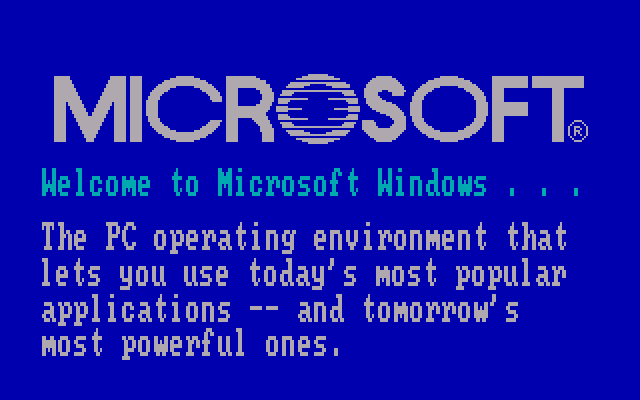
The European Union plans to amend GDPR
Online browsing has become a frustrating process for many users due to constant “Accept Cookies” pop-ups. Although GDPR intended to protect personal data, reality has shown that most people click “Accept” without reading, just to quickly access content. The European Union is now proposing a major change: managing cookie consent directly from the browser. This means that a single set of preferences will be applied across all websites, without us having to choose every time.
In this article, we will analyze in detail the new proposal, how the centralized system will work, and what impact it will have on users, companies, and the digital experience in general.
Why so many consent windows?
With the introduction of GDPR in 2018, websites were required to ask for explicit consent for non-essential cookies, used for personalized advertising, tracking, or online behavior analysis. Although the intention of the legislation was good, the execution left much to be desired. The repetitive display of consent messages generated irritation instead.
Moreover, many websites have adopted complicated menus that slow down navigation and discourage choosing personalized options. The result? Most users accept everything, without knowing exactly what they are consenting to.
What the EU proposes: consent set once, directly from the browser
The new rule proposed by the European Commission could completely change how we manage online privacy. Instead of being asked for consent on each site, cookie preferences can be set directly in the browser (Chrome, Firefox, Safari, etc.). For example, a user could select one of the following options:
- Accept all cookies;
- Accept only essential cookies;
- Reject all tracking and advertising cookies;
- Customize the privacy level.
Once these settings are saved, all websites will be legally obliged to respect them. Thus, it will no longer be necessary to see pop-ups at each visit. This change could greatly improve the online experience for EU users.
The new GDPR promises a cleaner and faster internet
By eliminating repetitive consent windows, users will navigate more easily, and sites will have shorter loading times. At the same time, companies will no longer be required to display banners for certain “harmless uses” of cookies, such as:
- automatic login of an already registered user;
- counting anonymous visits;
- essential site functions that do not affect privacy.
What happens until the new GDPR rules are implemented?
The proposal must be approved by the European Parliament and the 27 member states. The process may take time, but there are transitional measures:
Websites will be required to display simple banners with only two clear options: “YES” or “NO”. Complicated menus, with multiple pages and hidden settings, will disappear.
This intermediate stage will already reduce user frustration, before the fully automated system in the browser becomes a reality.
What does this GDPR change mean for companies?
For website owners, the new rule brings less administrative stress and clearer obligations. Complex implementations of cookie consent systems will disappear, and fines generated by non-compliant GDPR interfaces will be avoided.
In the long run, companies will be encouraged to adopt an ethical advertising model, based on anonymous data and not on aggressive tracking.
Impact on users: what do we gain?
- Fewer interruptions during browsing;
- Real control over personal data;
- A safer and more transparent internet;
- Better web page access speed.
Basically, for the first time after years of discussions, the user truly becomes the “owner” of their data.
Conclusion: an important step for the future of the European internet
The EU proposal represents a natural evolution of GDPR and could definitively end the fatigue generated by consent messages. If adopted, this measure will redefine how the European internet functions – simpler, cleaner, and more respectful of the user.
Source: digital-strategy.ec.europa.eu
More about GDPR General Data Protection Regulation.










